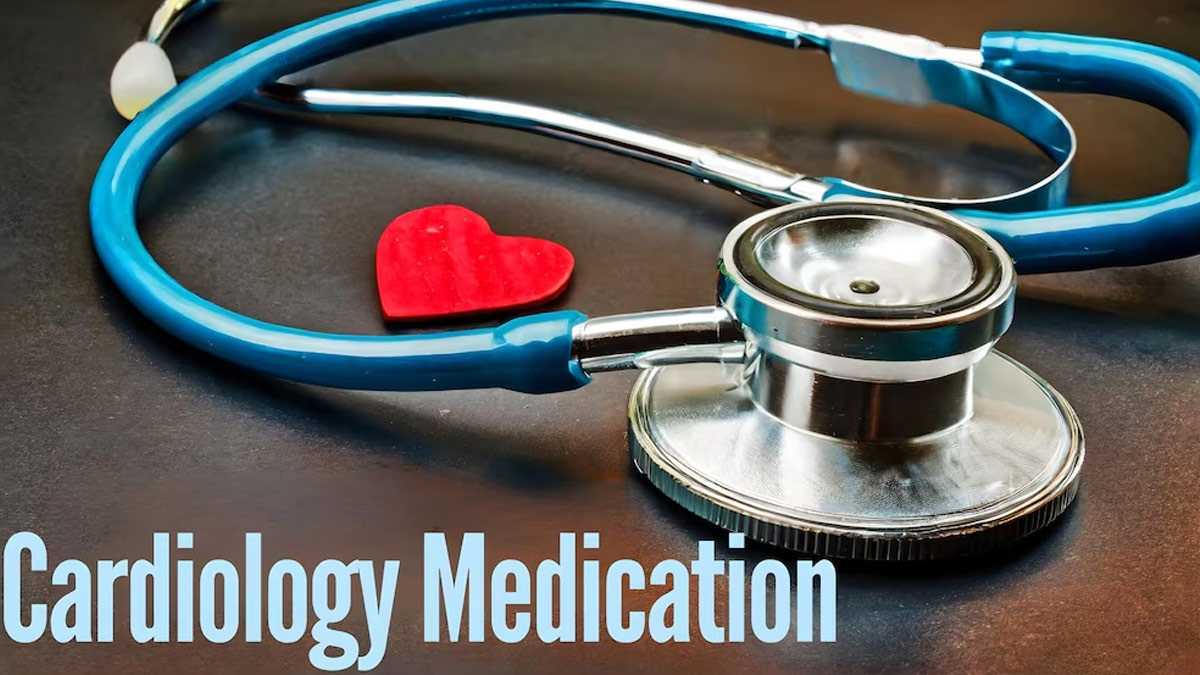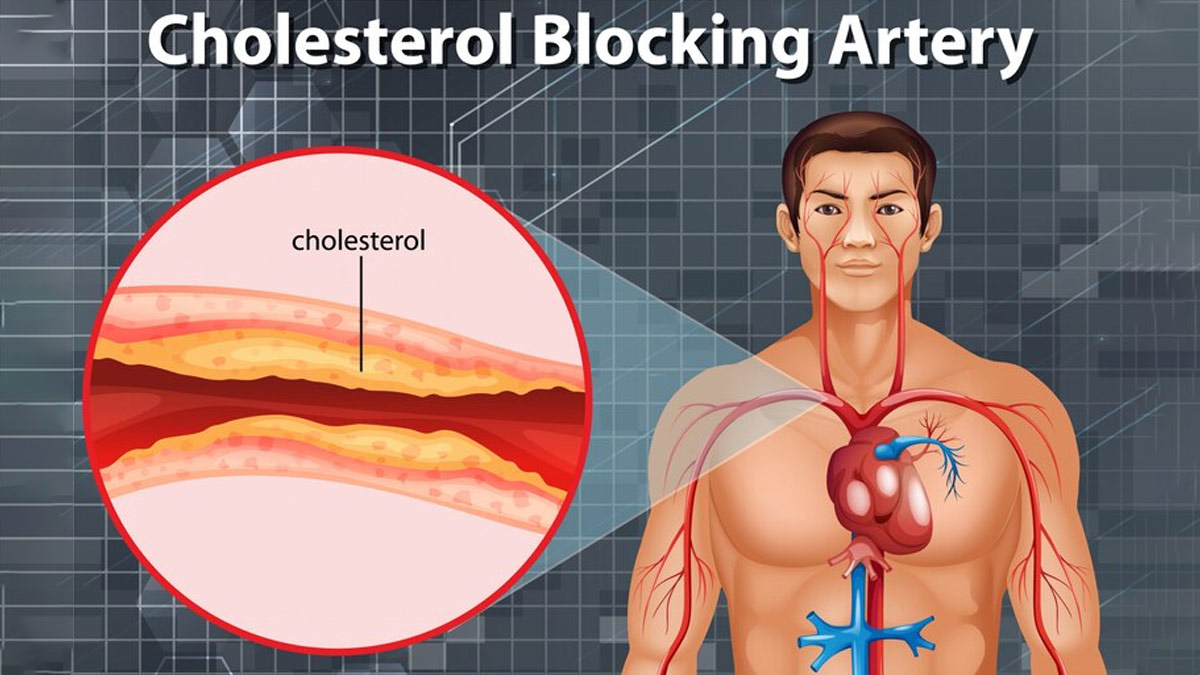
Cholesterol is healthy as long as it stays within the required limits. It is primarily divided into two types: Low-Density Lipoprotein (LDL), or bad cholesterol, and High-Density Lipoprotein (HDL), or good cholesterol.
Table of Content:-
While LDL cholesterol contributes to the buildup of cholesterol in your arteries, increasing the risk of heart disease, HDL cholesterol carries excess cholesterol from other parts of your body back to your liver, where it is flushed out of the body, lowering the risk of heart disease and stroke.
Statins are said to help lower unwanted cholesterol in the body, which in turn helps reduce the risk of coronary heart disease. In certain cases, doctors may also prescribe these medications to older adults, even if they’re healthy and have no pre-existing heart conditions. But is that safe? And if it is, what is the purpose? We asked an expert to shed light on the same.
Also Read: Are You Taking Statins For Cholesterol Management? Here Are Mistakes You Should Avoid
What Are Statins?

Dr Tom Devasia, Professor and Unit Head, Department of Cardiology, Kasturba Medical College and Hospital, Manipal Academy of Higher Education, Manipal, says, "Statins are recommended for patients to prevent death due to illnesses like heart attack and stroke.”
They play a crucial role in promoting heart health by effectively lowering cholesterol levels and reducing the risk of cardiovascular events.
Given that elevated LDL cholesterol is a major risk factor for atherosclerosis, a condition characterised by the build-up of plaque in the arteries, statins can also help reduce plaque formation and narrowing of the arteries, improving blood flow to the heart and other vital organs, the doctor adds.
Who Should Take Statins?
Statins are recommended for:
- Individuals with elevated levels of LDL cholesterol, especially if lifestyle changes alone are insufficient to achieve target levels.
- Patients with established cardiovascular disease, meaning those who have previously experienced heart attacks, strokes, or peripheral artery disease.
- People with a high risk of Cardiovascular Diseases (CVDs)
- Individuals with elevated cardiovascular risk scores, which can be measured by risk assessment tools such as the Framingham Risk Score or the American Heart Association/American College of Cardiology (AHA/ACC) Risk Calculator
Are Statins Recommended For Healthy Individuals?

In certain cases, adults who are considered healthy may still benefit from taking statins as a preventive measure against future cardiovascular events, says Dr Devasia.
This has been observed in males and females aged between 75 and 79, according to a study published in the European Heart Journal.
Researchers observed the participants for up to four years and found that approximately 10% of patients who had discontinued taking their statins required hospital admission due to a CVD event, compared to about 7.5% who had continued taking their medications.
He describes it as primary prevention, which involves using statins to lower the risk of developing heart disease in individuals who have not yet experienced a cardiovascular event but have risk factors that predispose them to it.
According to a study published in the JAMA Network, the US Preventive Services Task Force reviewed new research on statins to find out if statins could help prevent heart disease and death in people with no history of heart disease.
Researchers looked at people aged 40–75 and found that statins were helpful for people in this age group with a high risk (10% or greater chance in 10 years) of heart disease, even if they didn't already have it.
Also Read: THIS Cholesterol Symptom Could Strike At Night: Other Warning Signs To Note
Other Factors To Consider

It is important to understand that relying solely on medications is not enough to lower cholesterol and your risk of heart disease. Certain lifestyle measures also need to be incorporated into your daily routine to bring about healthy changes in your life.
Dr Devasia recommends focusing on a diet rich in fruits, vegetables, whole grains, lean proteins (such as fish, poultry, and legumes), and healthy fats (such as those found in nuts, seeds, and olive oil). He advises limiting saturated fats, trans fats, cholesterol, sodium, and added sugars.
Additionally, one must also exercise regularly, incorporating activities such as walking, jogging, swimming, cycling, or aerobics into their routine.
If you smoke, quitting is one of the most significant steps you can take to improve your heart health. Moreover, moderate alcohol consumption is key if you like indulging in it.
Lastly, regular check-ups with your healthcare provider are recommended to monitor your cholesterol levels, assess your overall cardiovascular health, and adjust your treatment plan as needed, Dr Devasia concludes.
Also watch this video
How we keep this article up to date:
We work with experts and keep a close eye on the latest in health and wellness. Whenever there is a new research or helpful information, we update our articles with accurate and useful advice.
Current Version